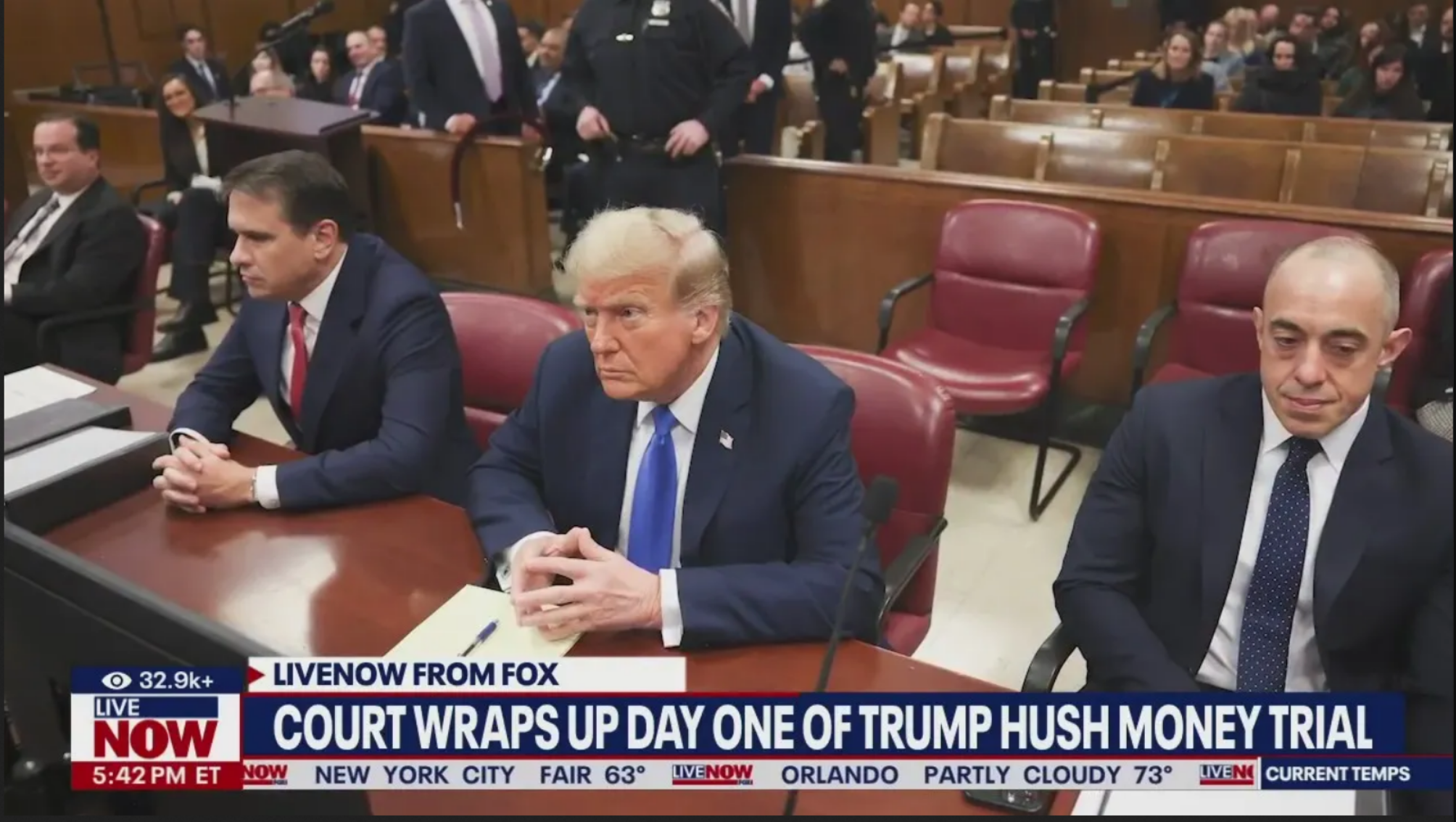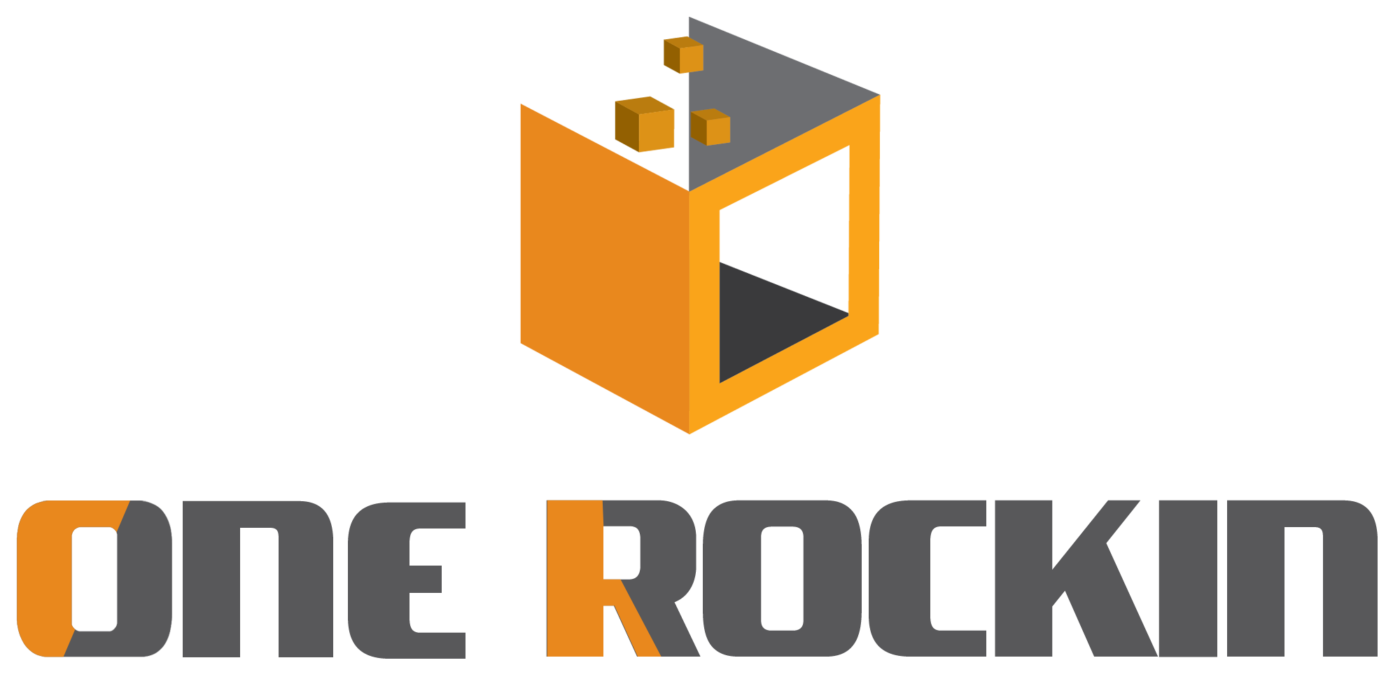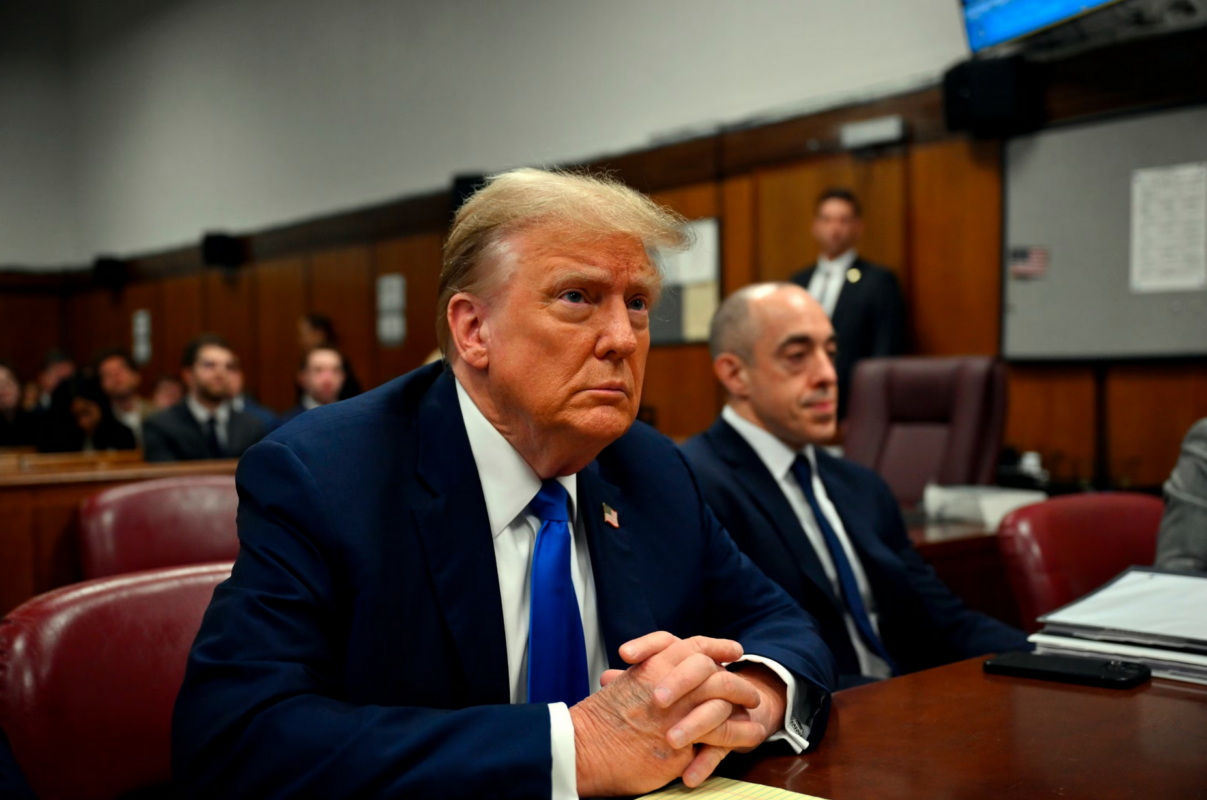Hot News
Court Wraps Up For The Day In Trump Hush Money Trial
Trump trial: Highlights from opening statements and first witness testimony
David Pecker was called as the first witness in Donald Trump‘s hush money trial following opening statements Monday.
For the first time in history, prosecutors presented a criminal case against a former American president to a jury, accusing Trump of a scheme to prevent damaging stories about his personal life from becoming public.
Court ended for the day early Monday afternoon in Donald Trump’s criminal trial for allegedly falsifying business records to hide a hush money payment during the 2016 presidential election campaign. Prosecutors called their first witness, former National Enquirer publisher David Pecker, who briefly testified about using “checkbook journalism” to pay for stories — a practice that prosecutors say Pecker used to help Trump’s bid for the White House. Earlier, during opening statements, the prosecution promised “damning” testimony from a key witness, while Trump’s defense team told jurors that none of Trump’s conduct was criminal. The trial is scheduled to resume Tuesday morning.

What to expect Tuesday in the Trump trial
What happens if Trump is convicted?
Trump faces 34 felony counts of falsifying business records — a charge punishable by up to four years in prison — though it’s not clear if the judge would seek to put him behind bars. A conviction would not preclude Trump from becoming president again, but because it is a state case, he would not be able to pardon himself if found guilty. He has repeatedly denied any wrongdoing.
Trump exits the courtroom
After court wraps for day 1 of testimony, Trump exited the court staring straight ahead and down, flanked by lawyers and others from his team.
“I’m the leading candidate … and this is what they’re trying to take me off the trail for. Checks being paid to a lawyer,” he said to press gathered in the hallway outside. “It’s a case as to bookkeeping, which is a very minor thing.”
While courtroom access was restricted to a handful of reporters during jury selection, the start of opening statements has given members of the public a chance to witness the first criminal trial of a former president up close.Roughly a dozen members of the public were allowed into the proceeding. Some had lined up before dawn to get their chance at witnessing history. But not everyone.“I was planning on going to work, then as I was walking by, I saw all the police,” said Monroe Clinton, a programmer, who added that had not been following the trial closely. “I told my co-workers, ‘Hey I just saw the Trump trial is happening.’ The line was quite short, so I decided to go on in.”
Andrew Giuliani, the son of former New York City Mayor Rudy Giuliani and a former aide in the Trump administration, was seen waiting in line to get into the overflow room, a room adjacent to the main courtroom where the trial is being shown on monitors.
Will Dylan Howard testify?
Pecker said former National Enquirer editor Dylan Howard is now living in Australia and, to his understanding, has a spinal condition that makes it impossible for him to travel internationally.
He’s the first person ever to testify at a criminal trial of a former U.S. president, and David Pecker is doing so under subpoena, with his lawyer in the courtroom.
But the weighty occasion still had a lighthearted moment. It came when a prosecutor asked Pecker to recite parts of phone numbers he’d had during the time period of the allegations from 2015 to about 2017, a question that might have been asked in order to authenticate phone records later on. After Pecker rattled off the closing digits of four different cell and office numbers from memory, prosecutor Joshua Steinglass assured him, “This isn’t a quiz.” Pecker responded with a cackling laugh.

